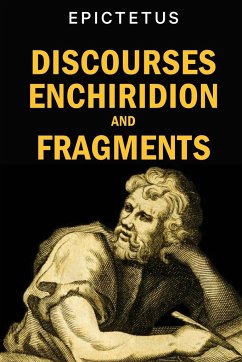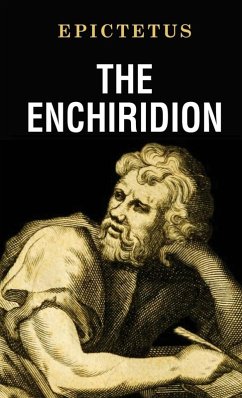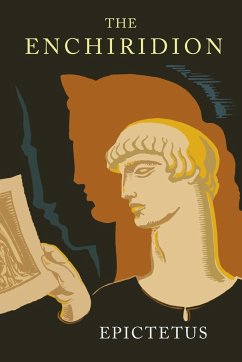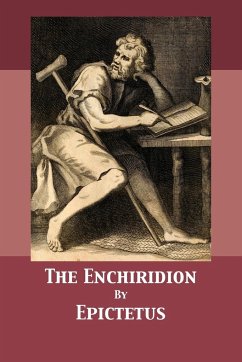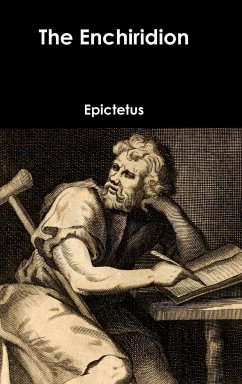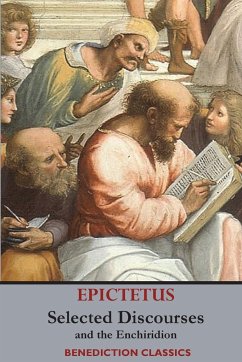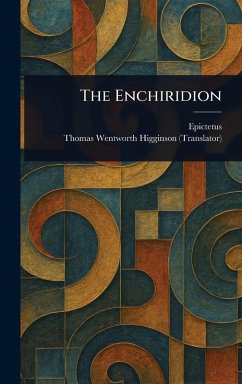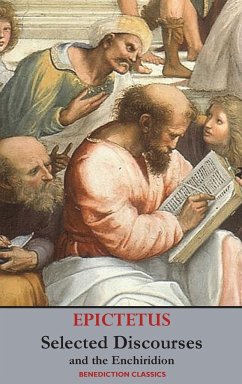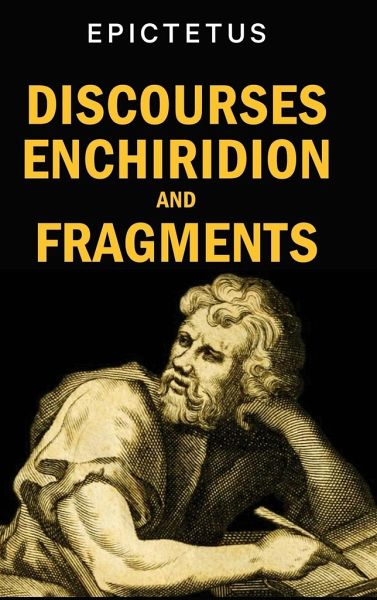
Discourses, Enchiridion and Fragments

PAYBACK Punkte
15 °P sammeln!
Epictetus was a Greek Stoic philosopher. He was born into slavery at Hierapolis, Phrygia (present-day Pamukkale, Turkey) and lived in Rome until his banishment, when he went to Nicopolis in northwestern Greece for the rest of his life. His teachings were noted down and published by his pupil Arrian in his Discourses. The Discourses are a series of informal lectures by the Stoic philosopher Epictetus written down by his pupil Arrian around 108 AD. The philosophy of Epictetus is intensely practical. The Discourses have been influential since they were written. The Enchiridion was well-known in t...
Epictetus was a Greek Stoic philosopher. He was born into slavery at Hierapolis, Phrygia (present-day Pamukkale, Turkey) and lived in Rome until his banishment, when he went to Nicopolis in northwestern Greece for the rest of his life. His teachings were noted down and published by his pupil Arrian in his Discourses. The Discourses are a series of informal lectures by the Stoic philosopher Epictetus written down by his pupil Arrian around 108 AD. The philosophy of Epictetus is intensely practical. The Discourses have been influential since they were written. The Enchiridion was well-known in the ancient world, and in the medieval period, it was specially adapted for use in Greek-speaking monasteries. In the 15th century it was translated into Latin, and then, with the advent of printing, into multiple European languages. It reached the height of popularity in the 17th century, in parallel with the Neostoicism movement. Full of practical advice, the book shows the way to achieve mental freedom and happiness in all circumstances, this work offers guidelines for those seeking contentment.



